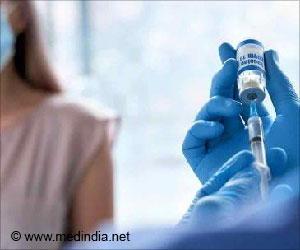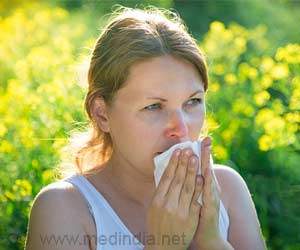India achieved the landmark after the beginning of Covid-19 vaccination drive on January 16.
‘The Health Ministry said India is the fastest in the world to administer 100 million doses of Covid-19 vaccine, achieving the feat in 85 days whereas the US took 89 days and China 102 days.’
A rough calculation shows that 1,156 days (over three years) may be needed to inoculate each eligible Indian. However, it is not sure whether all these will be fully inoculated in this period as only 1,27,09,186 people, including Health Care Workers (HCWs) and Front Line Workers (FLWs), have so far been fully inoculated during these 85 days.
A total of 90,04,063 HCWs and 99,53,615 FLWs have taken the first dose and 55,08,289 HCWs and 47,59,209 FLWs the second.
Those over 60 years of age who received the first dose total 3,96,51,630 while 18,00,206 of them have received the second dose so far. A total of 3,02,76,653 people aged between 45-60 years have received first dose and 6,41,482 have received the second dose.
The Health Ministry said India is the fastest in the world to administer 100 million doses of Covid-19 vaccine, achieving the feat in 85 days whereas the US took 89 days and China 102 days.
On Day 85 of the vaccination drive (April 10), 35,19,987 vaccine doses were given. Out of this, 31,22,109 beneficiaries were vaccinated across 42,553 sessions with the first dose and 3,97,878 beneficiaries received the second dose.
In terms of the number of daily doses administered globally, the Ministry said India continues to remain at the top with an average of 38,34,574 doses administered per day followed by the US with 31,11,327, Brazil 7,81,886, the UK 3,38,624, France 2,96,456, Italy 2,59,097, Germany 2,58,989, and Turkey 2,58, 989.
The government has also sought to extend the vaccine coverage with a four-day countrywide ‘Tika Utsav’ (inoculation festival) being started from Sunday.
Besides, the extension of vaccine coverage to those above 45 years along with the recent provisions for them to get vaccinated at their workplaces (government and private) form a series of pro-active, collaborative and coordinated steps taken by the Centre and the state governments for safety and prevention of precious lives from the infectious Covid disease, the Ministry said.
The vaccination exercise, as a tool to protect the most vulnerable population groups in the country from Covid-19, continues to be regularly reviewed and monitored at the highest levels.
India had granted emergency use authorization to two Covid-19 vaccines — Pune-based Serum Institute of India’s Covishield and Hyderabad-based Bharat Biotech International Ltd’s Covaxin, and both are being used in the government’s vaccination drive.
The country started nationwide Covid-19 vaccination on January 16 for healthcare workers, and for frontline workers from February 1. The list included health workers, both from government and private institutions, along with sanitation workers, other frontline workers, defense forces, police and other paramilitary forces.
In the next phase of Covid-19 inoculation drive commencing on March 1, those who are over 60 years of age and people aged 45 and above with co-morbid conditions were eligible for vaccinations. From April 1, those who are above 45 were allowed to take coronavirus vaccine.
The expenditure for the first round was borne by the government, and for the second phase, around 10,000 private hospitals were roped in to ramp up the immunization drive.
Vaccination is free at government health institutions, while those who opt for vaccination in the private clinics, will have to pay. Private hospitals, functioning as Covid vaccination centers, can recover a charge subject to a ceiling of Rs 250 per person per dose.
Source: IANS



